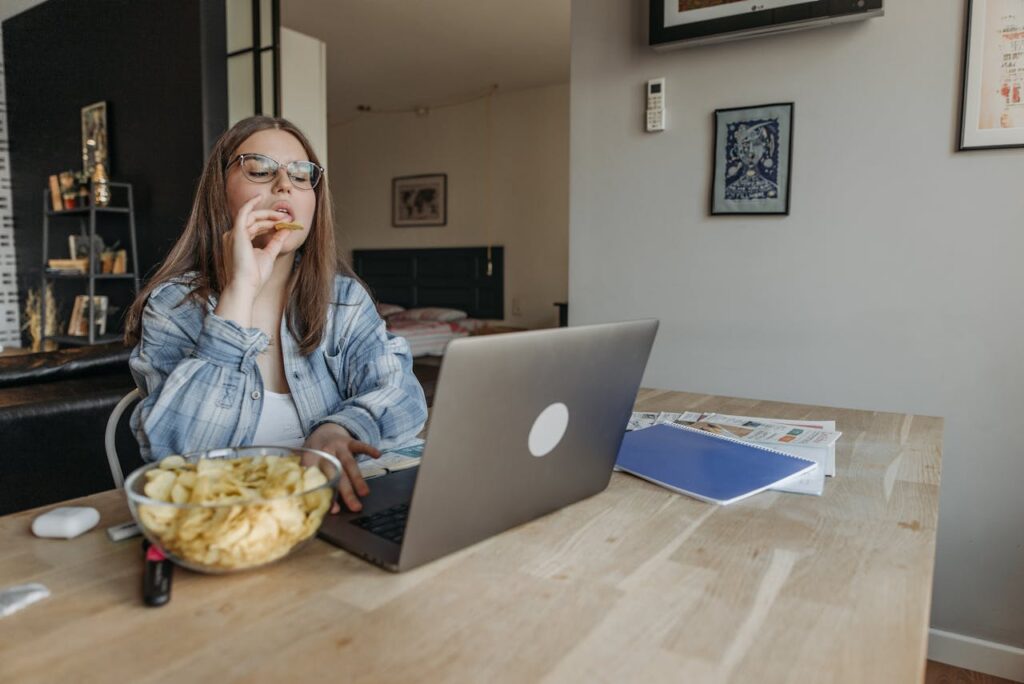Features, Study Abroad
Studying Abroad and Staying Healthy: A Guide to Balancing Academics and Wellbeing
Emmanuel Fornillos

So, you’re off to study abroad. You’re probably picturing cobblestone streets, cute cafés, maybe you’ll “accidentally” become fluent in Italian after two weeks (spoiler: you won’t). It’s exciting, no doubt. But here’s the boring truth nobody puts in the glossy brochures—if you don’t look after your health and studies, the whole adventure can go sideways fast.
This isn’t about avoiding one bad cold. It’s about balance. If you’re exhausted, broke, and living off vending machine snacks, even Paris starts to feel…meh. The trick? Nail three things: your academics, your wellbeing, and a basic safety net.
Pillar One: Academics (aka Why You’re Actually There)
Yes, the food markets are calling. Yes, the clubs are open till 5 a.m. But remember—you didn’t fly halfway across the world just to fail Biology 101.
Step one: learn the system. Every university has its quirks. Some professors expect you in every class, others wouldn’t notice if you cloned yourself and sent the double. Don’t guess. Ask. It feels awkward on day one, but trust me, it’s less awkward than explaining to your parents why you bombed the semester.
Step two: block time like a pro. Imagine study time is like brushing your teeth—you don’t debate whether you’ll do it, you just do it. And here’s a sneaky hack: schedule your fun too. If Saturday at 2 p.m. says “museum trip,” you’re way more likely to go than if you leave it vague.
Step three: practice the “no” word. At some point, you’ll get invited to a trip that sounds amazing but happens to clash with your essay deadline. Say no. Politely, yes, but firmly. It’s not the end of the world. Missing one pub crawl won’t ruin your social life. Failing a core unit? That’s harder to bounce back from.
Pillar Two: Wellbeing (aka Don’t Be the Student Who Burns Out)
You can’t enjoy anything if your body is wrecked and your brain is fried.
Emotions first. Homesickness hits everyone differently. Maybe you’ll cry because you miss your dog. Maybe you’ll feel invisible in class. Totally normal. Write it down, laugh about it later, or—shocking idea—actually use the counseling services your uni offers. That’s what they’re there for.
Food matters. No, you can’t live on instant ramen and Red Bull for six months. (Well, you can, but please don’t.) Learn two cheap meals you can cook without burning down the kitchen. Pasta with veggies works in every country. Also: water. Drink it. Your brain will thank you.
Exercise doesn’t have to hurt. Can’t afford a gym? Perfect. Walk more, climb stairs, or join a random campus soccer game. I once knew a guy who swore his “daily workout” was just getting lost on purpose in a new neighborhood. He was fit. And, bonus, he knew the city better than anyone.
Sleep is your superpower. Party until 3 a.m. sometimes? Sure. Party until 3 a.m. every night? Your GPA says no. Invest in earplugs, an eye mask, or that one roommate who’ll remind you to turn off your phone.
Pillar Three: Safety (aka Peace of Mind Stuff)
No one likes planning for worst-case scenarios, but here’s the thing—you’ll relax more once you’ve got this covered.
Insurance first. Figure it out before you get sick. If you’re in Australia, you legally need Overseas Student Health Cover (OSHC). It’s not optional. Know which clinics are covered and don’t wait until you’re dizzy in class to look it up.
Your “big three.” Write these down:
- Campus clinic.
- Nearby pharmacy.
- Local emergency number. (Pro tip: don’t just store it in your phone. Dead battery = zero help.)
Play by the rules. Visa conditions matter. Working more hours than you’re allowed? Skipping a required address update? It sounds minor, but it can wreck your future applications. If you’re studying in Sydney and planning to stay longer after graduation, even a quick chat with migration lawyers Sydney can save you a lot of stress later.
Build your crew. Honestly, this might be the best safety net of all. Join clubs, sports, or language exchanges. Make friends who’ll notice if you disappear into your dorm for three days straight. People are way better than apps when things go wrong.
Wrapping It Up: Balance Is the Real Souvenir
Studying abroad isn’t really the picture-perfect thing you see online. It’s not all selfies at landmarks or eating pizza in every city you visit. Most days, it’s just figuring out how to get through class, eat something cheap, maybe sleep enough, and not lose your mind when everything feels unfamiliar. Keep those basics sort of balanced, and you’ll come home with more than a transcript. You’ll be tougher, see the world differently, and probably have a ridiculous story—like that time you got on the wrong train and ended up who-knows-where.
Author Bio: Emmanuel Fornillos is a content writer and communications specialist at Justice Network. He creates accessible resources on migration, study abroad, and legal matters, while fostering partnerships that help broaden the reach of this work.
SEE ALSO: Prepaid Phones: The Secret to Saving When Studying Abroad











-220x300.jpg)
